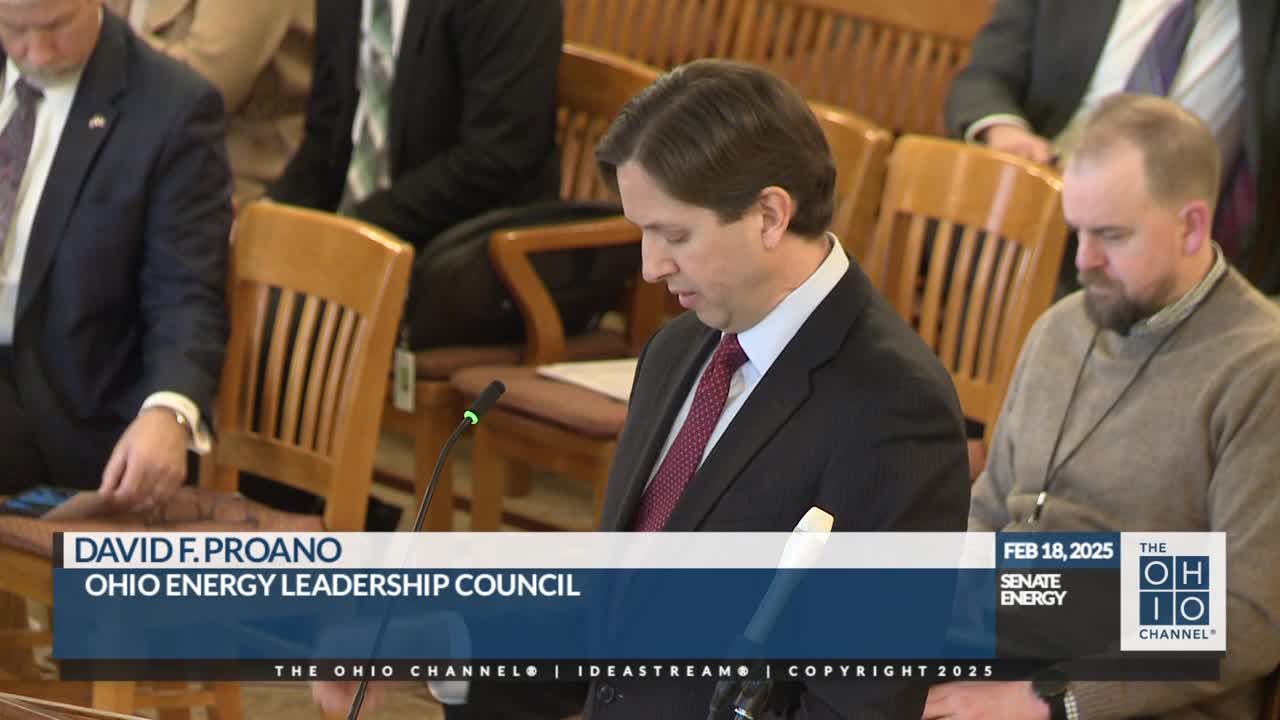Article not found
This article is no longer available. But don't worry—we've gathered other articles that discuss the same topic.
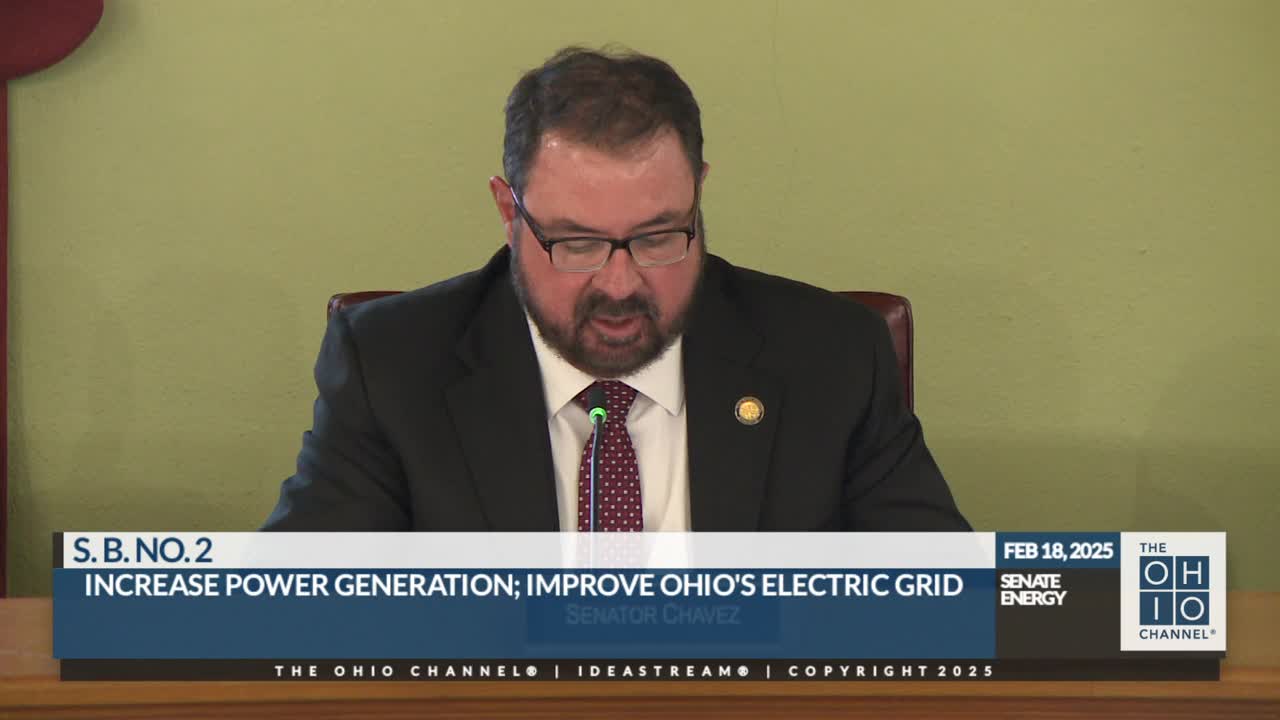
Schools and local officials urge care on property‑tax breaks; developers praise mercantile self‑power and priority investment areas
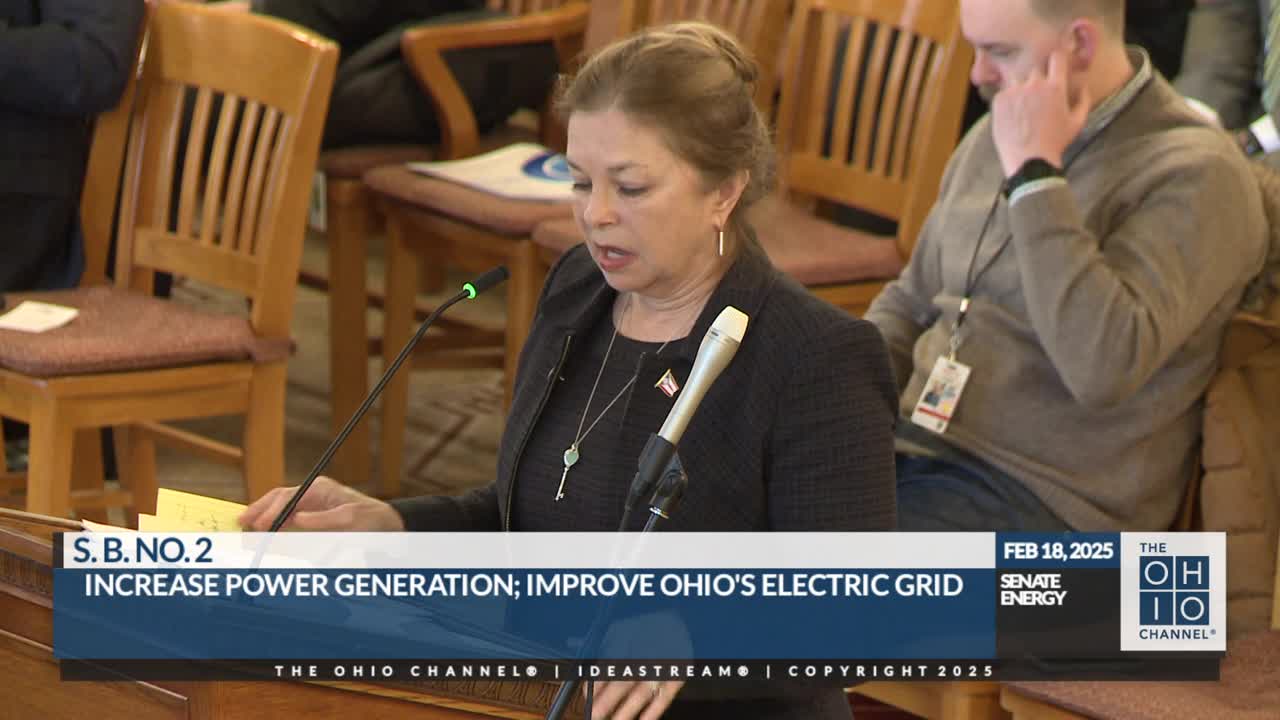
Consumer groups warn consumer‑choice billing and forecasted rates could harm households without stronger protections
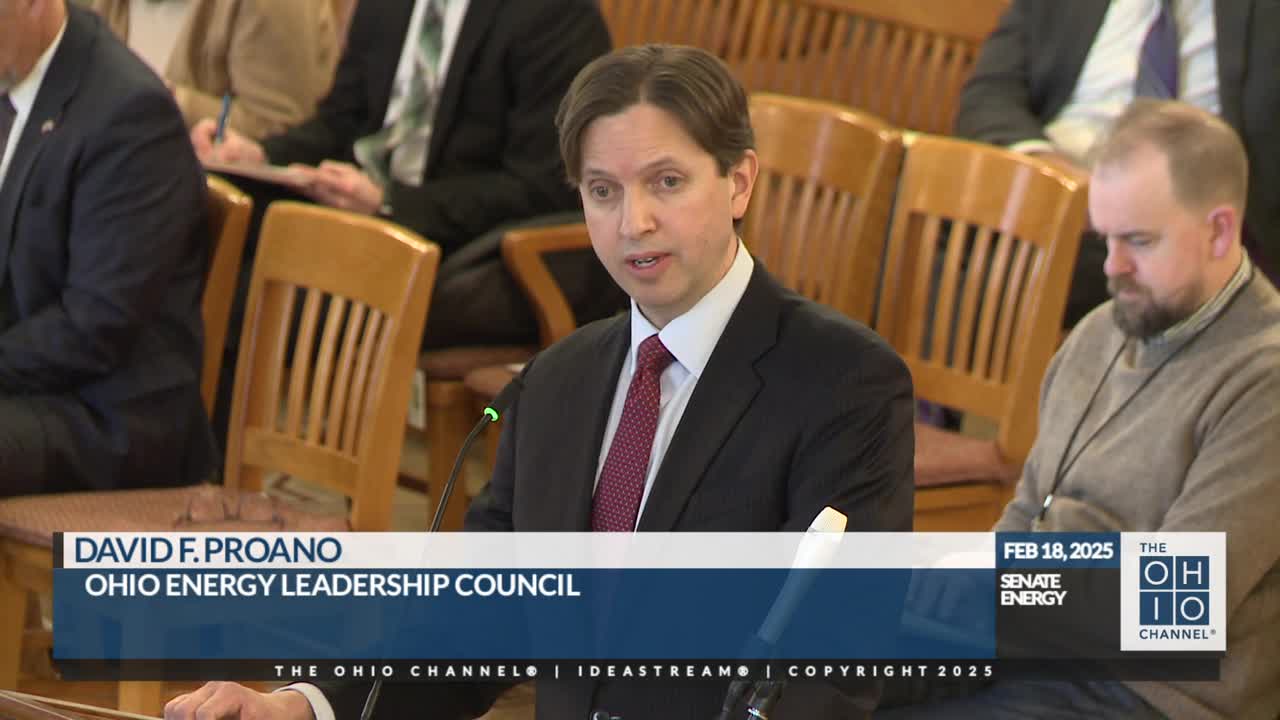
Witnesses urge tighter oversight of transmission 'supplemental' projects, faster PJM interconnection and a grid 'heat map'
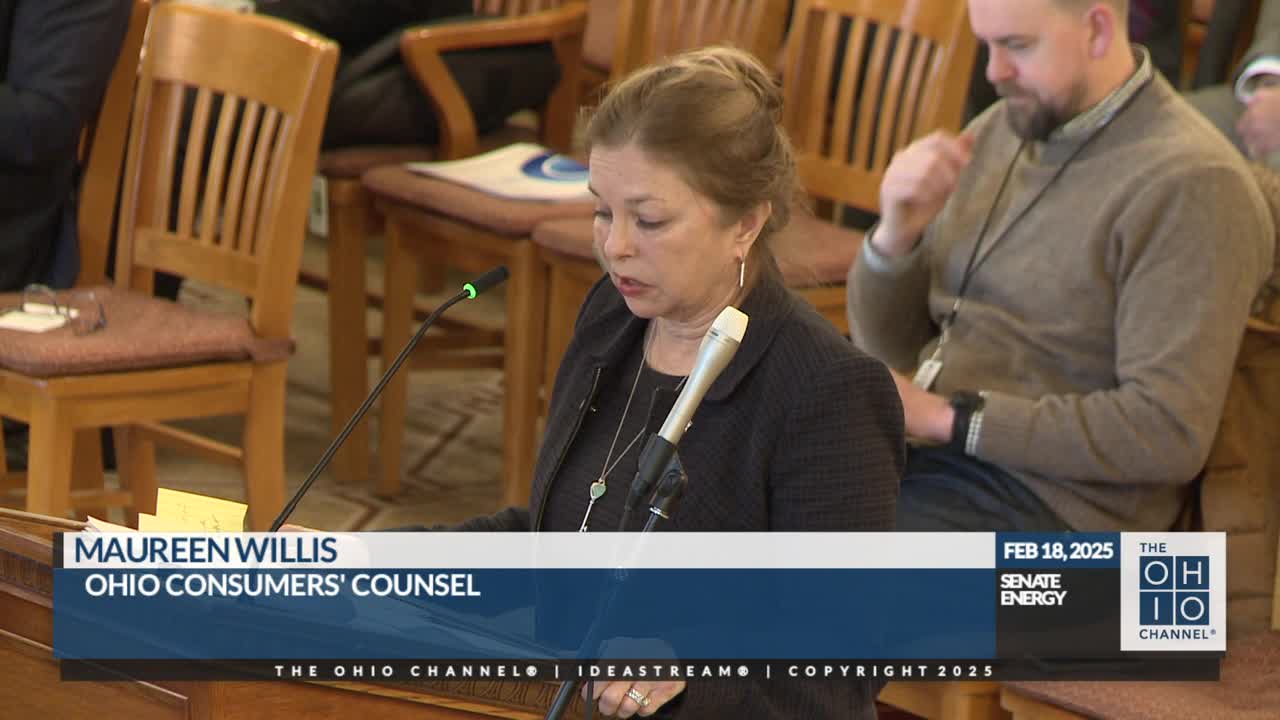
Committee hears contested changes to rate-making: shot clock, forecasted test year and mini rate cases draw concern
